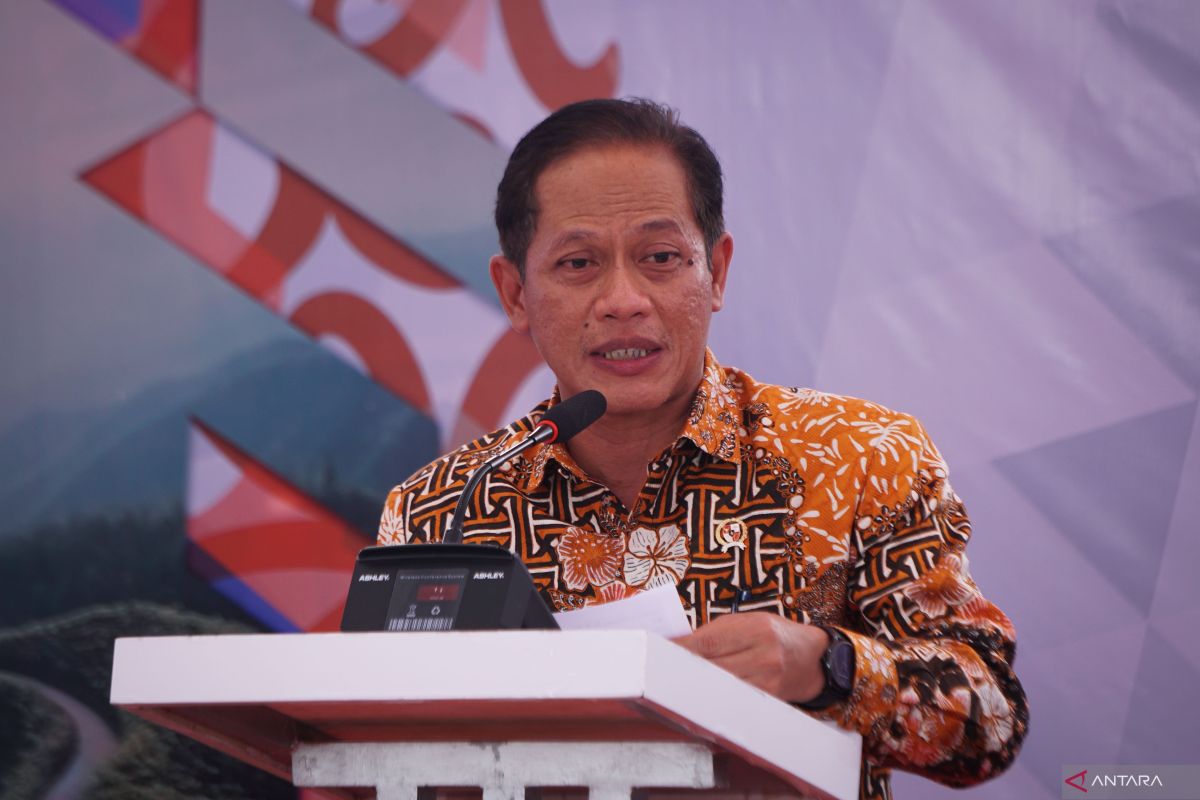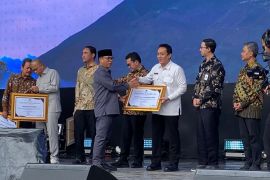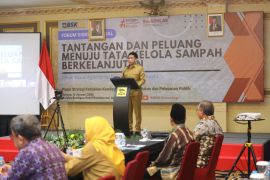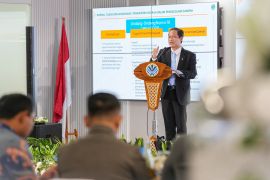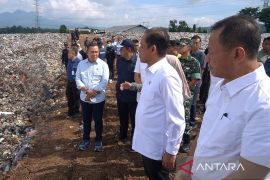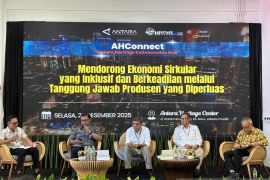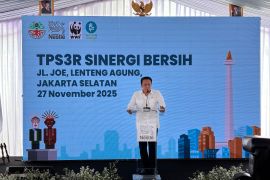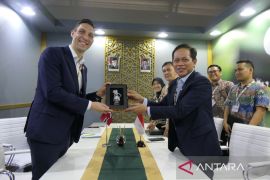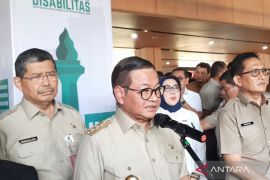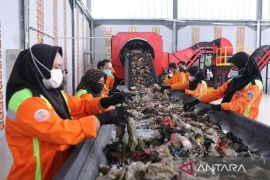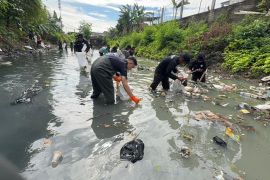"I have reviewed the Manggar landfill [TPAS] in Balikpapan twice, and I can say it has one of the best waste management systems in the country — it’s suitable to be used as a pilot," he said during the inauguration of the Kalimantan Environmental Control Center (Pusdal LH) in Balikpapan on Friday.
Nurofiq, who also serves as the head of the Environmental Control Agency, noted that hundreds of regions across Indonesia still lack comprehensive and sustainable waste management systems. In contrast, Balikpapan has developed an effective system covering the entire waste management process, from upstream to downstream.
In Balikpapan, waste management begins at the household level with waste sorting and collection, followed by final processing at the TPAS Manggar landfill. The Ministry of Environment, he added, will continue to support improvements so that Balikpapan’s system can serve as a national model.
The city’s success in waste management is also considered a strong indicator of regional performance, having met the targets set in the National Medium-Term Development Plan (RPJMN).
Currently, Balikpapan’s waste reduction rate has reached 30 percent, in line with the previous RPJMN target. By the end of 2025, the waste handling rate is expected to reach 50 percent.
"The government cannot work alone. Residents and area managers must also take waste management seriously so that our waste reduction efforts can be fully maximized," Nurofiq emphasized.
Related news: Govt to tighten monitoring of waste management at markets
Related news: Jakarta pressed to address waste crisis more seriously
Translator: Yoanita Hastryka Djohan
Editor: Anton Santoso
Copyright © ANTARA 2025
